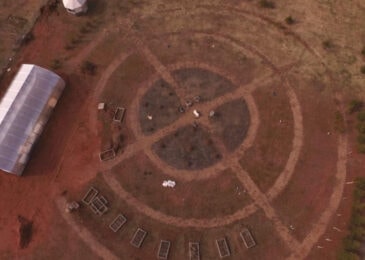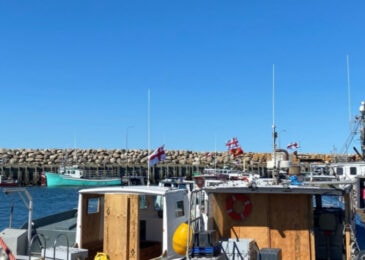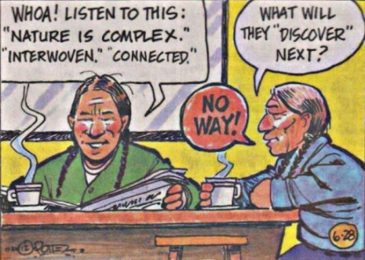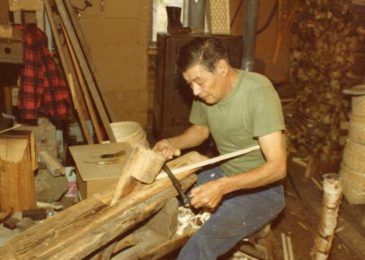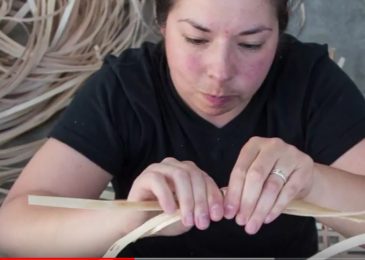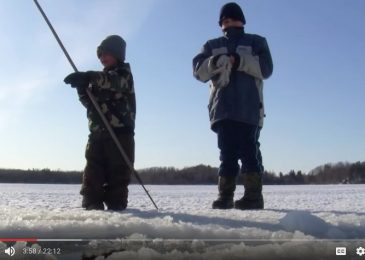Growing healthy food in Mi’kmaq communities: “In terms of sovereignty, food is just another part of it”
Paul Wartman speaks with Chris GooGoo and Dawn Matheson about an initiative to improve the quality and accessibility of healthy, locally grown foods in Mi’kmaq communities. “We’ve always had agriculture. The public education system and history hasn’t told us that. We’ve always been told that we’ve been under the Indian Act, we’ve been given government handouts throughout history. We know that hasn’t always been the case–we’ve invented agriculture in many ways.”

